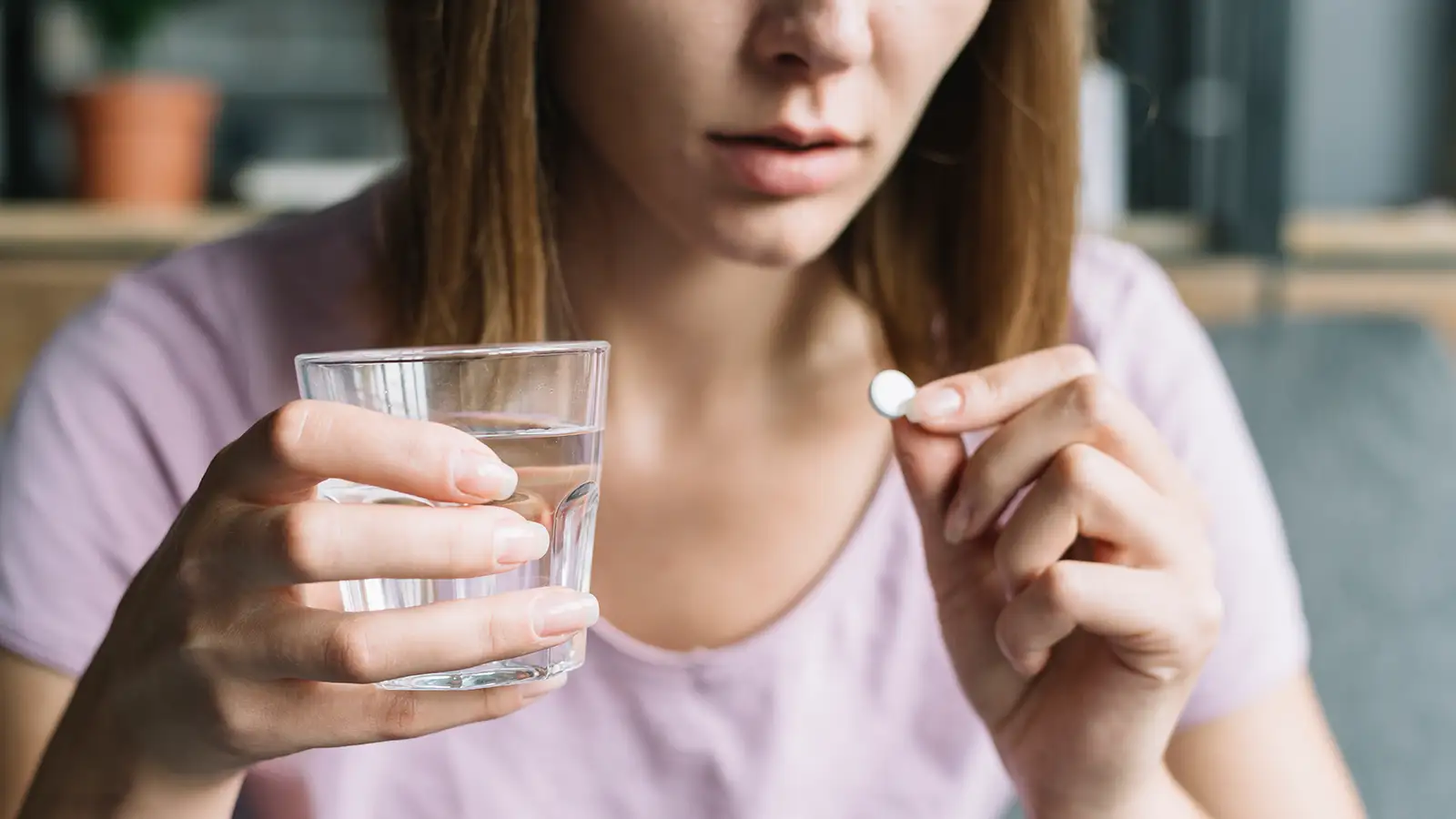For many women, the weeks following childbirth are a time of overwhelming joy, love—and exhaustion. But for others, those early days can also bring intense feelings of sadness, guilt, anxiety, or even hopelessness. This is the reality of postpartum depression (PPD), a condition that affects approximately 1 in 8 women in the U.S. Yet despite its prevalence, PPD remains wildly underdiagnosed, misunderstood, and too often dismissed.
Unlike the short-lived “baby blues,” which usually resolve within a couple of weeks, postpartum depression is a serious medical condition that can last for months if untreated. It can deeply affect a mother’s ability to bond with her baby, maintain relationships, and function in daily life. In severe cases, it can even lead to thoughts of self-harm or harming the baby. Still, many women suffer in silence, either out of fear of judgment, lack of access to care, or simply not recognizing what they’re experiencing as a treatable illness.
Why Is PPD So Often Overlooked?
One major reason PPD goes unrecognized is that mental health is still not routinely prioritized in postpartum care. In fact, the first postpartum checkup typically occurs six weeks after birth—an eternity for someone experiencing debilitating emotional symptoms. And even then, conversations about mental health may be brief or skipped altogether.
Cultural stigma plays a role as well. New mothers are expected to feel grateful, fulfilled, and emotionally glowing. So when those expectations don’t match reality, many women feel ashamed or isolated. This stigma can be even more severe for women of color and those in lower-income communities, where access to mental health services is limited and systemic disparities are common.
According to studies, up to half of all cases of postpartum depression go undiagnosed. And even among those who receive a diagnosis, only a fraction actually get treatment.
A Step Forward — But Not the Final Answer

In recent months, a new medication has offered hope: ZURZUVAE™, the first oral pill approved specifically to treat postpartum depression. Taken daily for 14 days, it’s designed to rapidly reduce depressive symptoms—some women report improvement within just three days.
However, early real-world outcomes have been mixed. While some patients experience fast and significant relief, others report little to no improvement. These variations in effectiveness have led researchers to investigate why the drug works well for some but not for others. Doctors are now examining biological, psychological, and environmental factors to identify which women are most likely to benefit from the treatment. It’s a reminder that there’s no one-size-fits-all solution for mental health—and PPD is no exception.
The Urgent Need for Change

While the development of medications like ZURZUVAE is a milestone, it also underscores a deeper truth: we need systemic change. That includes:
- Routine screening for PPD in all postpartum visits.
- Culturally sensitive support and resources, especially for Black, Brown, and rural communities.
- Education for families and partners to recognize warning signs and offer support.
- Access to multiple treatment options, including therapy, support groups, and medication.
Most importantly, we must begin treating postpartum depression as the serious, life-altering condition that it is—not a side note in maternal care.
Final Thoughts
Motherhood is already one of the hardest jobs in the world. When compounded with an untreated mental health condition, it can become unbearable. Postpartum depression doesn’t make a woman a bad mother—it makes her a mother in need of support.
By listening, screening, and responding with compassion and care, we can begin to rewrite the narrative and ensure no woman has to face PPD alone or in silence.






































Leave a Reply